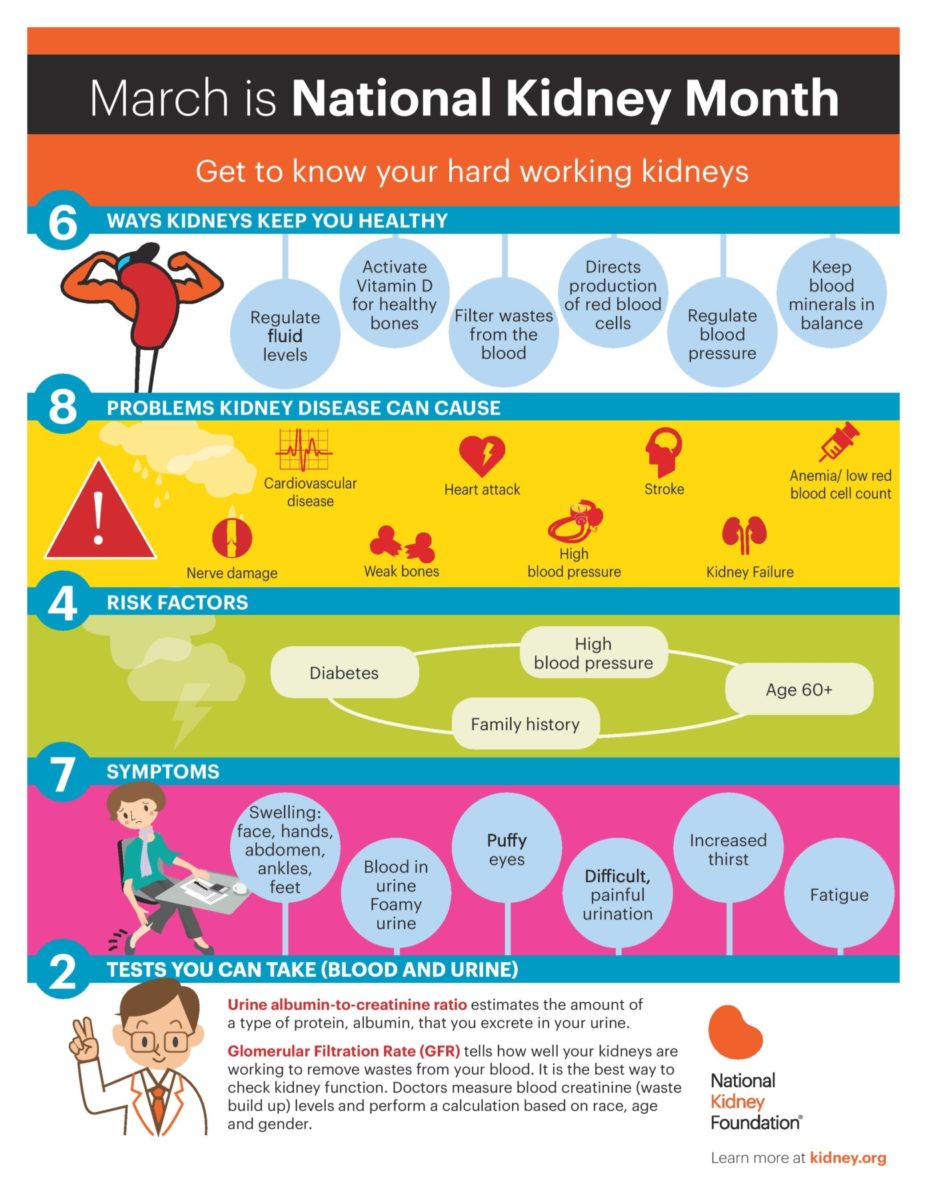5 Simple Steps to Improve Your Kidney Health Today

According to the CDC, more than 1 in 7 US adults, or 37 million people, are estimated to have Chronic Kidney Disease. March is National Kidney Month, a time to learn more about these vital organs and how to keep them healthy.
The kidney is a vital organ responsible for filtering blood and removing waste products from the body. Located on both sides of the spine, the kidneys are responsible for regulating the body’s fluid balance, electrolyte levels, and blood pressure.
The kidney also plays a crucial role in the production of red blood cells, which carry oxygen throughout the body. It also helps to activate vitamin D, which is essential for strong bones and healthy immune function. According to The National Kidney Foundation, kidneys convert vitamin D from supplements or the sun to the active form of vitamin D that is needed by the body. With chronic kidney disease, low vitamin D levels can be found, sometimes even severely low levels. This may occur because injured kidneys are less able to convert vitamin D into its active form.

To keep your kidneys functioning at their best, there are several steps you can take to improve your kidney health.
- Stay hydrated: Drinking enough water is essential for maintaining proper kidney function. Aim for at least 8-10 glasses of water a day, and more if you are physically active or live in a hot climate.
- Eat a healthy diet: Eating a balanced diet rich in fruits, vegetables, whole grains, lean proteins, and healthy fats can help support kidney health. Avoid excessive salt, sugar, and processed foods, which can put stress on the kidneys.
- Exercise regularly: Regular exercise can help lower blood pressure and improve overall kidney function. Aim for at least 30 minutes of moderate-intensity exercise, such as brisk walking or cycling, most days of the week.
- Manage underlying health conditions: Chronic health conditions such as diabetes and high blood pressure can damage the kidneys over time. If you have these conditions, work with your healthcare provider to manage them effectively and prevent complications.
- Avoid smoking and excessive alcohol consumption: Smoking and excessive alcohol consumption can increase your risk of kidney disease and other health problems. If you smoke or drink, take steps to quit or reduce your intake.
The kidneys are responsible for several critical functions in the body, including filtering blood, regulating fluid and electrolyte balance, and producing red blood cells. By taking healthy steps, you can help support your kidneys and reduce your risk of kidney disease.
If you think you may be struggling with kidney issues, contact your primary care provider today.
